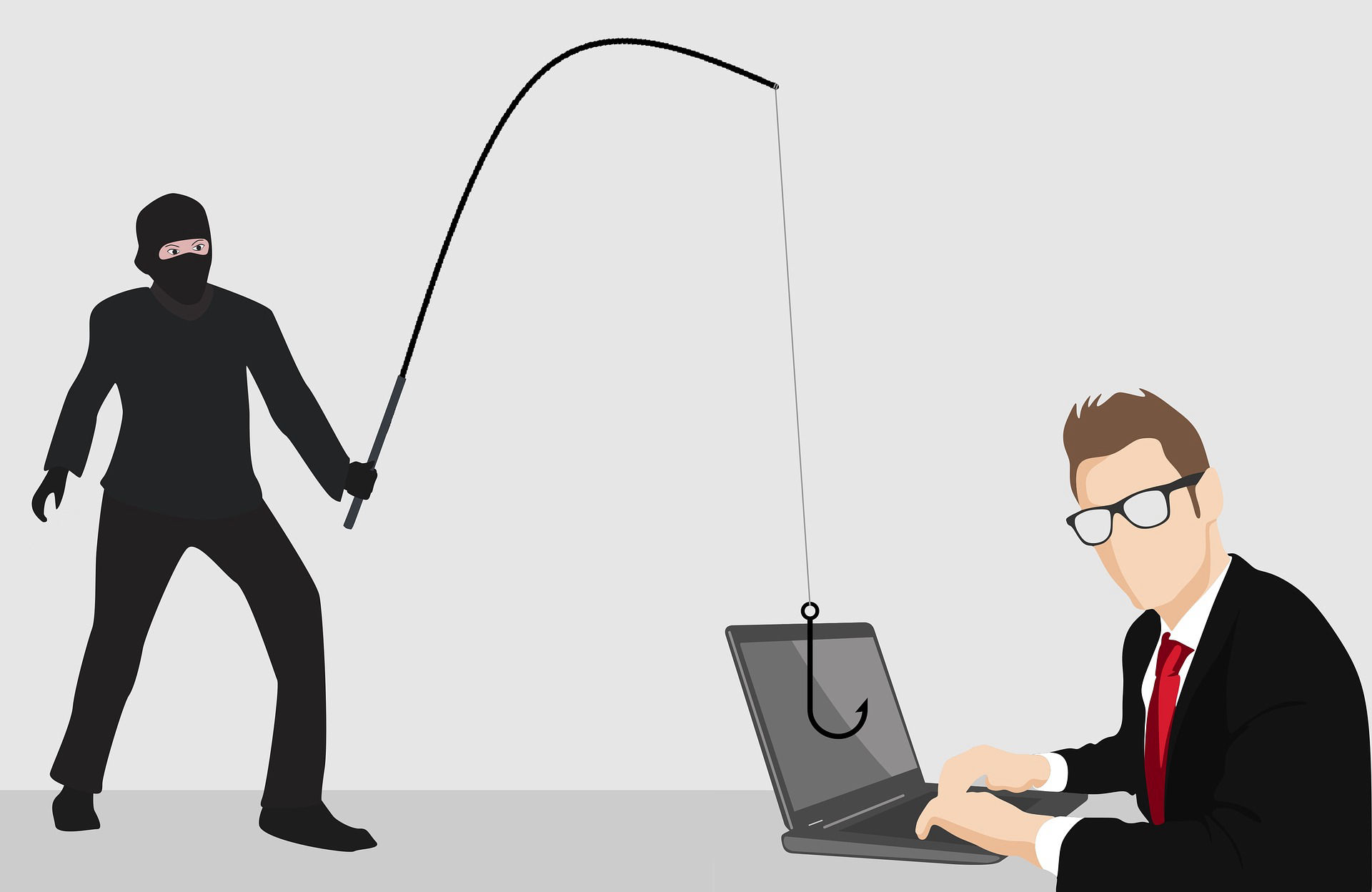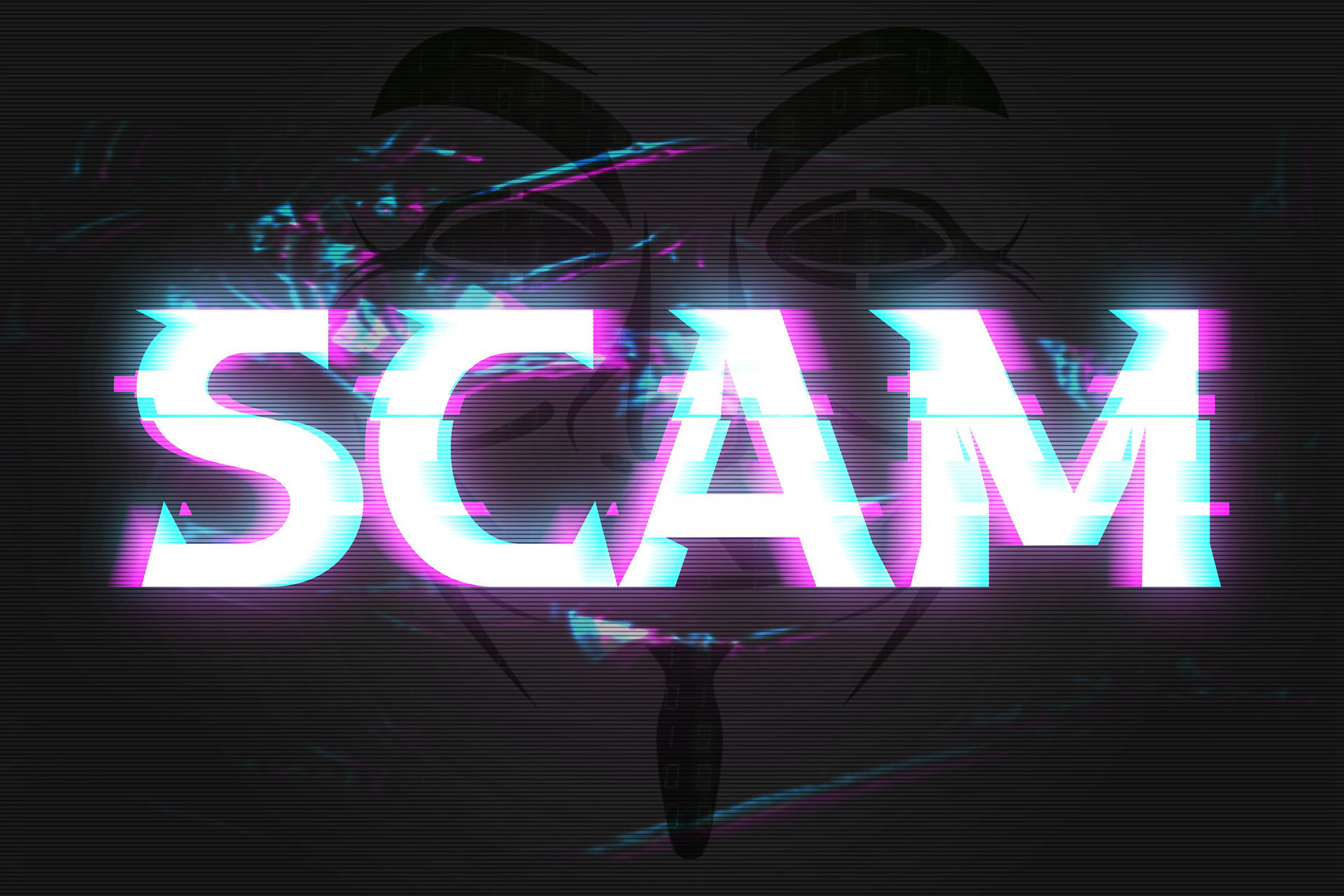
Personal loans can be a lifesaver when you need funds quickly. They're often used to consolidate debt, cover emergency expenses, or make significant purchases. However, the increasing popularity of personal loans has given rise to a sinister trend: personal loan scams.
Applying does NOT affect your credit score!
Key Takeaways
Recognize Red Flags: Upfront fees before loan approval, promises of a loan without a credit check, and pressure to make quick decisions are all warning signs of a potential scam.
Verify the Lender: Legitimate lenders should be registered in the states where they do business. If the lender is not registered, it's likely a scam.
Understand the Contract: Genuine loan contracts should clearly outline all terms and conditions. Any vague or missing details may signal a scam.
Stay Vigilant: Always do your research before accepting a loan offer. If something seems too good to be true, it probably is. And if you suspect a scam, report it to the proper authorities.

In this digital era, scammers have become more cunning, impersonating legitimate lenders to trick unsuspecting individuals into handing over their money or personal information. So how can you tell if a loan offer is genuine or a scam? This article will explore the 5 warning signs of a personal loan scam.
Legitimate lenders may charge application, credit check, or origination fees. But these are often deducted from your loan amount after approval.
However, if a lender asks for these fees before approving your loan, that's a red flag. Scammers often use the guise of "insurance," "processing," or "paperwork" fees to con you out of your money.
Your creditworthiness is a crucial factor for lenders when considering your loan application. This means that a credit check is a standard part of the loan approval process.
Any lender who promises a loan without a credit check, especially if you have bad credit, should be viewed with suspicion. It's likely a scam designed to exploit individuals in desperate financial situations.
All genuine lenders need to be registered in the states where they do business.
You can check a lender's registration status on your state's attorney general's website or through the Nationwide Multistate Licensing System & Registry. Unregistered lenders are a surefire sign of a scam.
Applying does NOT affect your credit score!

Are you being pressured to make a quick decision, or is the lender insistent that you commit immediately? Legitimate lenders don't rush you into borrowing.
These high-pressure sales tactics are a common strategy used by scammers to push you into making a hasty decision that you may regret later.
A legitimate loan contract should clearly outline the loan's terms, including the interest rate, payment schedule, penalties, and fees.
If a lender provides a contract that's vague, incomplete, or doesn't exist at all, it's likely a scam. You should be able to know exactly what you're signing up for.
Remember to always do your homework and verify the lender's legitimacy. Avoid any loan offers that seem too good to be true, and never pay any fees upfront without a clear understanding of what they're for.
If you suspect a personal loan scam, report it to your local law enforcement and the Federal Trade Commission.
Scams can be convincingly deceptive, but knowing the warning signs can help you steer clear of potential financial disaster. Remember, if a loan offer feels wrong, it probably is. Stay informed, remain vigilant, and protect yourself.
What should I do if I've fallen for a personal loan scam?
Report the incident to your local law enforcement, the Federal Trade Commission, and your bank.
Can a legitimate lender offer a loan without a credit check?
It's rare, but some lenders offer loans without a hard credit check. However, they will still perform a soft check and evaluate your income and other factors.
Where can I verify a lender's registration?
You can check a lender's registration on your state's attorney general's website or through the Nationwide Multistate Licensing System & Registry.
What are other common signs of a loan scam?
Unsolicited loan offers, guarantee of approval, and request for personal information over the phone are other common signs of a loan scam.
How can I protect myself from loan scams?
Always verify the lender's legitimacy, don't rush into borrowing, never pay any fees upfront without understanding what they're for, and always read the loan contract carefully.
Applying does NOT affect your credit score!